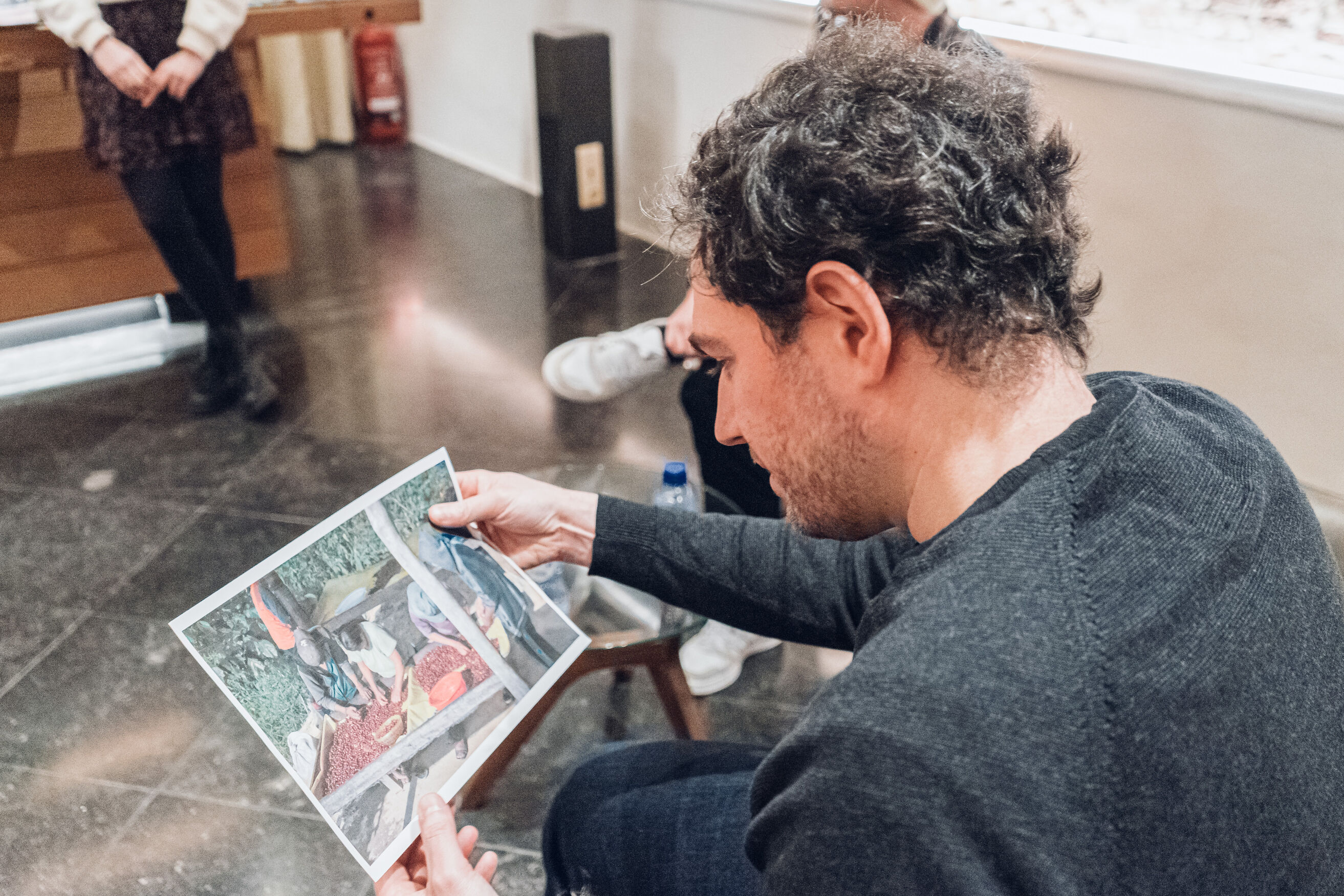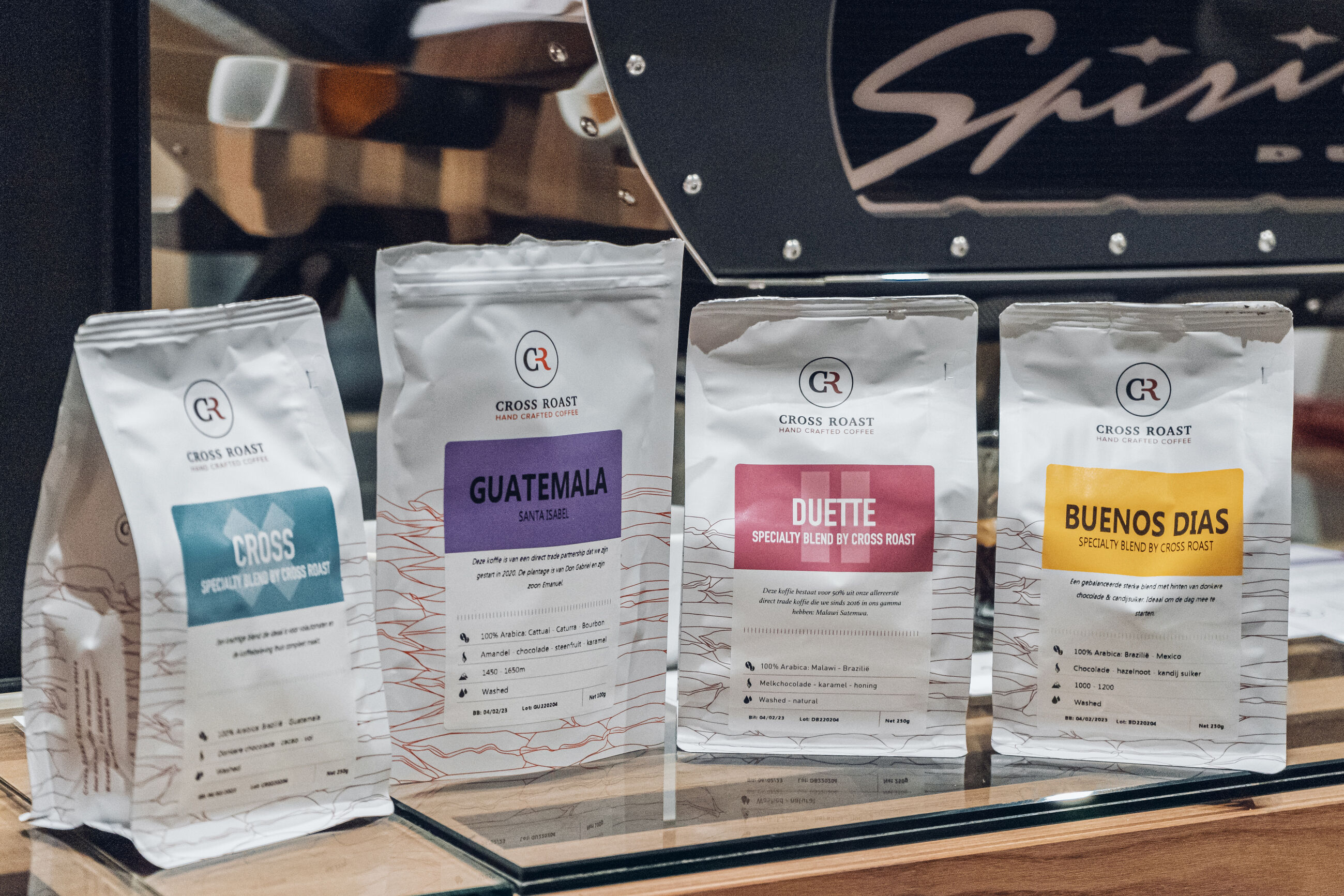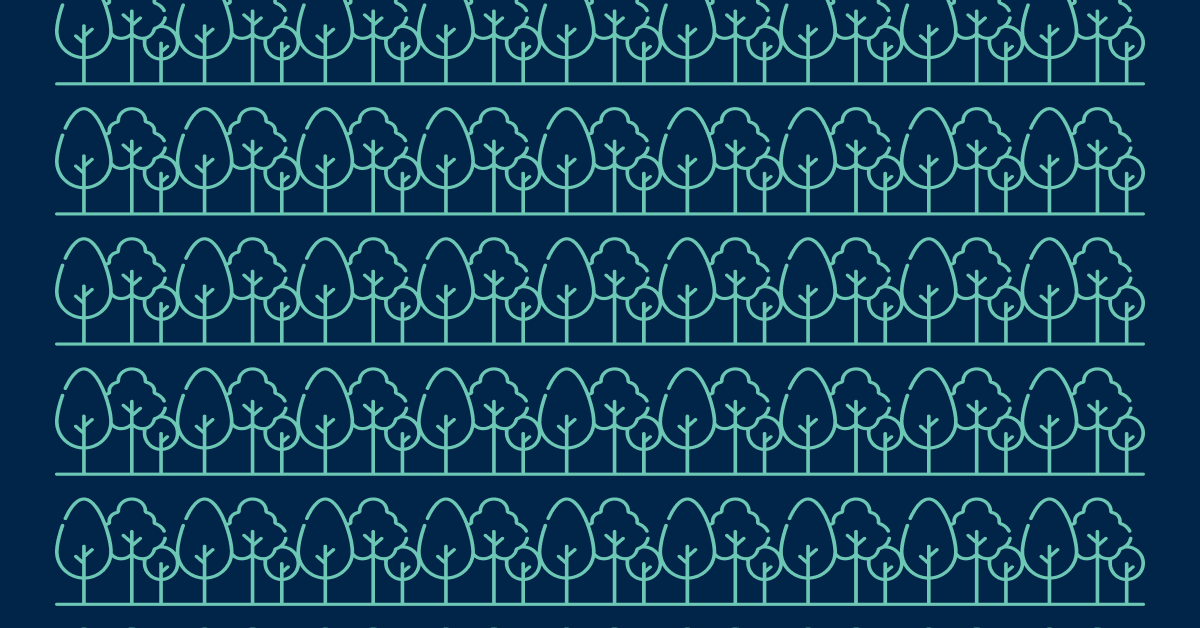The last few years, we’ve been hooked up with a Nespresso machine. Nespresso has a sustainability program, which is not that bad. Their program includes the ability to recycle coffee pads and to even make bikes out of them. That’s pretty awesome, right? Even though making bikes out of pads is cool, there must be a more sustainable way to serve a good cup of coffee at our office. So, we did our research to see how we can manage to do it better.
We Think, we Build and we Care
The strategy of icapps stands for the way we think, build, and care for our customers. Since this approach has proven to be a big success, we don’t only apply this for our customers, but for all our internal projects as well. And of course, we don’t want to buy ‘just’ a new coffee machine. We’re going all the way to find the most suitable one that fits our needs best.
We started with the ‘Think-phase’, the phase where we typically set the baseline for the strategy of a digital product. We translated this phase to our project and tried to find out what our employees want, and how we can answer their requests as sustainable as possible. We set up a survey to find out what they need. Next, we had to weigh up a few choices; type of beans, type of coffee machine, and which supplier. We did overall research on the different types of beans; capsules, pre-ground coffee beans, or whole beans and their influence on the different parameters that are important to us. Furthermore, we evaluated our suppliers and found the one that best matches our ambitions.
Throughout the ‘Build-phase’, we’ve put all those choices into practice. Just like when we start to build the MVP of a digital product, we need to prioritize what requirements are essential and what can be added later on. So, we compared the different parameters and different types of beans and we put these into a matrix. This matrix showed a clear overview of the positive, and negative aspects of each type of bean.
Last but not least, in the ‘Care-phase’, we look after our customers and stand by them in every way possible. So, also in the search for our supplier, we searched for one that does exactly the same as how we would do it. And yes, we found our perfect match!
Capsules, pre-ground, or whole beans?
Capsules, pre-ground beans, or whole beans? Which type of bean are we looking for? As we mentioned before, we used different parameters to compare the different beans. The following parameters are the ones we based our choice on; ecology, waste, user-friendliness, versatility, taste, and ethics.
After weighing all of the factors, we can conclude that capsules generally have a greater impact on the environment than other methods of making coffee. Aluminum capsules, in particular, are very polluting, and in addition, the recycling process of these capsules has a big environmental impact. Even though they score high in user-friendliness, we feel like we need to find a more sustainable alternative. But, we’ll spare you from all the details and parameters ;)
Let’s get to the point. We’ve chosen whole beans, they stay fresh longer than pre-ground beans, they provide the most flavors, they have the option to choose a fairtrade/local option, and they are sold in big packages, so less waste.

Fairtrade or direct trade?
From our ‘icapps point of view, we were definitely not going to choose a supplier that does not have a fairtrade or direct trade label. Any idea what the difference is between these two?
The main difference between fairtrade and direct trade is that they have different end goals. Fairtrade was built to improve the lives of farmers, while direct trade places its focus on the quality of its coffee.
Fairtrade is a label that can be obtained if all the steps in the chain from coffee plantation to roasted bean comply with a certain set of rules. These rules include paying farmers a fair price, an approach to farming that respects the planet, and healthy working conditions.
Direct trade is the approach whereby a coffee trader buys directly from certain farmers and builds up a relationship with these farmers. Through this link, they can work closely together to achieve good quality and to ensure that the farmers receive a fair price for their beans. This cuts out a number of intermediate steps in the whole chain, such as wholesalers.

Our supplier
Regardless of the brewing method and taste preferences, we want to ensure that the coffee itself is produced and processed in a responsible manner. Our evaluation was based on the following criteria: fairtrade or direct trade, country of origin, transport, waste, variation, and extra services.
The one that matches our criteria best is Cross Roast. It is an artisan micro-roastery for specialty coffees in the heart of Antwerp. They work with different countries of origin, and they personally visit the farmers and build relationships with them, so their coffee is handled with direct trade.
Since the roastery itself is located in the city center of Antwerp, they deliver the coffee beans by foot to our office, which is quite phenomenal, right? Hands up for no environmental cost!
The after service they deliver is just everything we need. Every month, they pass by our office to do a maintenance check of the coffee machine. If a machine breaks down, they immediately deliver a new one. We even have the opportunity to compose our own coffee after an extensive workshop to create a unique icapps taste.
We’re happy with the end results, and hope you enjoyed our road to a fair and sustainable cup of coffee.

